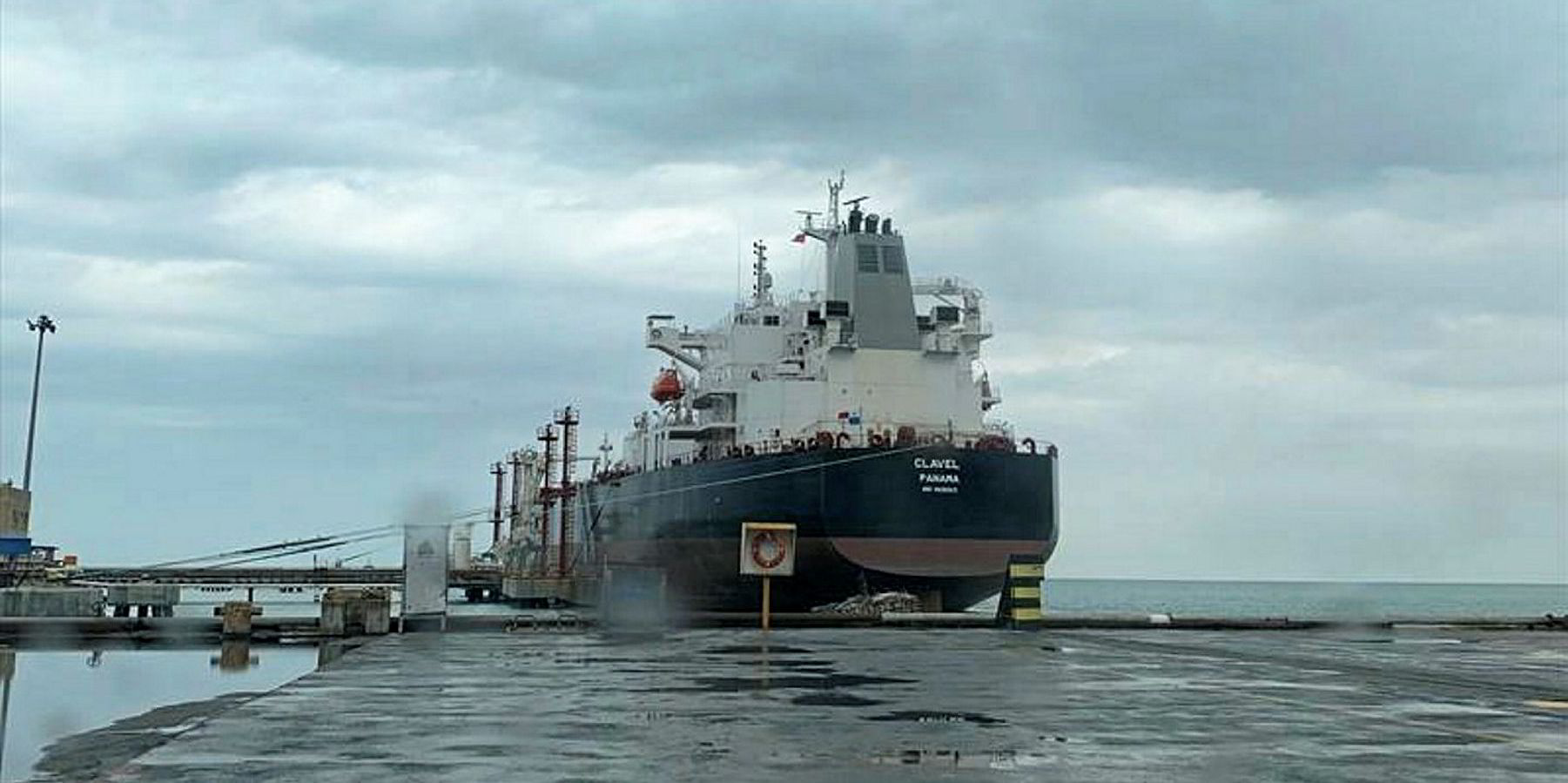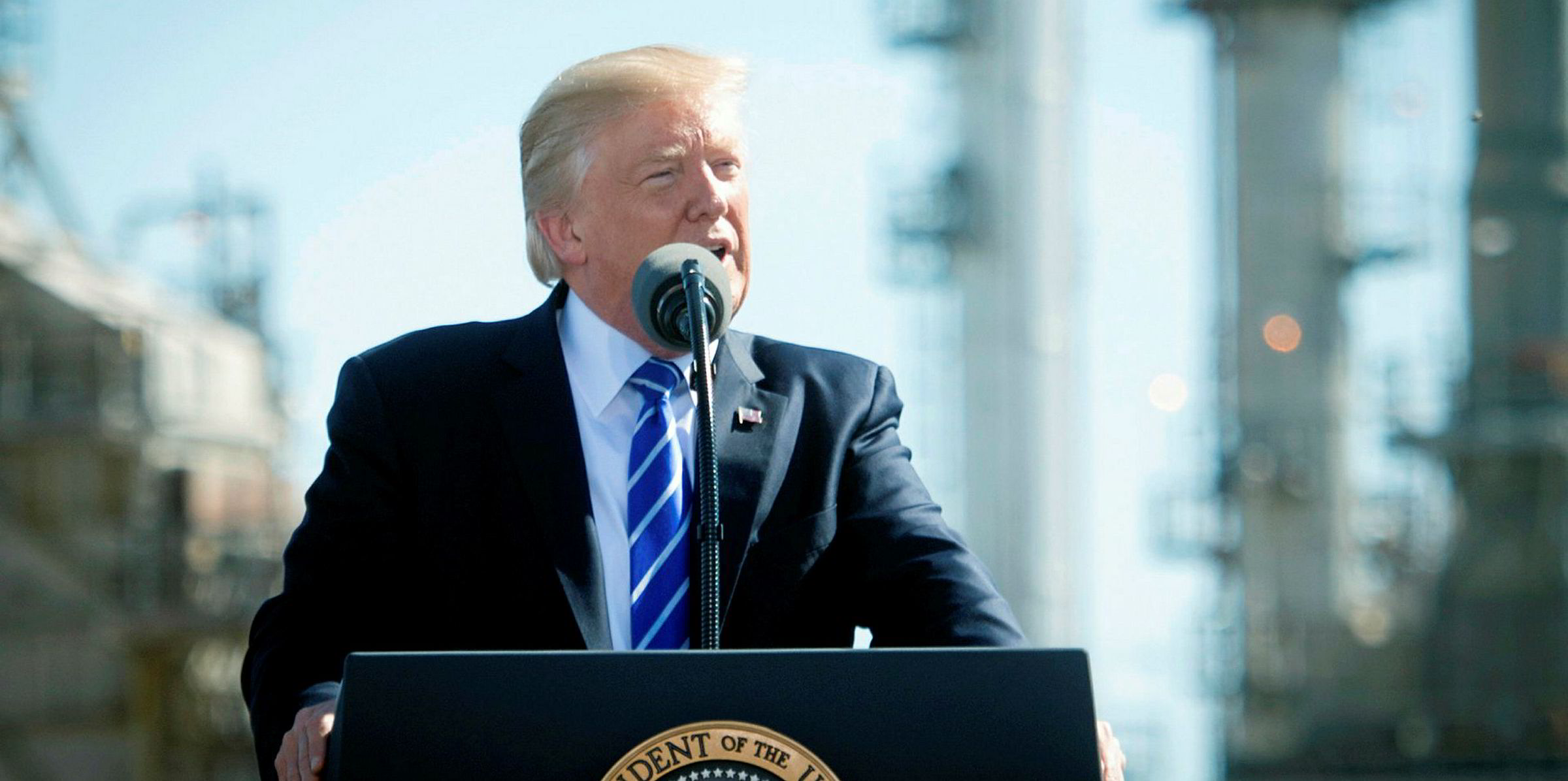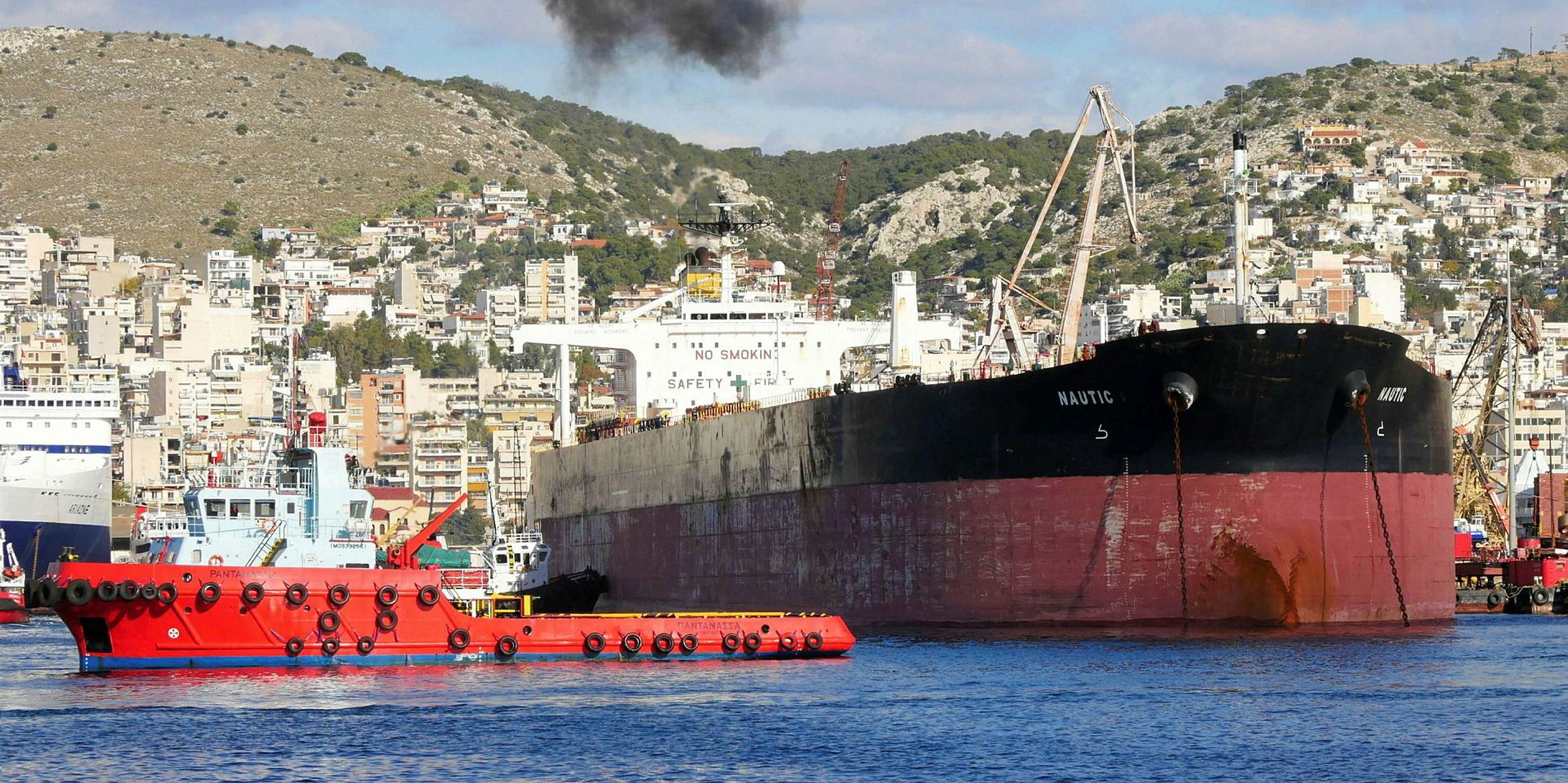Iran has warned it would retaliate against the US if Washington takes any action against Iranian tanker shipments to Venezuela.
Last week, Reuters reported the US is considering measures against Iran’s recent fuel-for-gold swap deal with Venezuela as the two countries face tough sanctions from the US.
“The US threat is an illegal and blatant act, and if they do something, we will retaliate,” Iranian foreign ministry spokesman Abbas Mousavi said in a media briefing on Monday.
According to semi-official MEHR news agency, Mousavi confirmed some Iranian vessels laded with fuel are sailing to Venezuela but did not provide further details.
“The tankers have been dispatched officially and legally and there is no barrier for them," Mousavi said. "We hope that America would not commit any stupid act, otherwise it will receive our strong response.”
Vessel-tracking services, including Platts’ cFlow, suggest the 35,200-dwt Forest, Fortune and Faxon (all built 2004) and the 50,100-dwt Petunia and Clavel (both built 2018) are carrying a total of 210,000 tonnes of gasoline to Venezuela.
The smaller ships are owned by National Iranian Tanker Co and the larger ones by Islamic Republic of Iran Shipping Lines. All of them are flagged in Iran.
As of last week, four US warships were deployed in the Caribbean for “maritime security operations”, according to the US Naval Forces Southern Command.
Separately, Iran foreign minister Mohammad Javad Zarif has written a letter to United Nations secretary general Antonio Guterres to complain about the US threats.
In his letter shared on the Iranian foreign ministry’s website, Zarif said the US must respect the right of “free shipping in the high seas” enshrined in international law and give up “bullying on the world stage”.
Any intervention of Washington would be “illegal”, “dangerous”, “provocative” and deemed as “a kind of marine piracy and a major peril to international peace and security”, Zarif said.
The latest verbal skirmish has come after the US issued another round of warnings to the shipping industry against violating its sanctions against Iran, North Korea and Syria.
Last Thursday, the Department of the Treasury, Department of State and US Coast Guard jointly published a 35-page document advising industry players on how alleged wrongdoers bust sanctions and which methods can stop them.
In 2018 and 2019, the number of sanctions-related actions taken by the Treasury's Office of Foreign Assets Control exceeded 120 each year — a jump from 43 in 2017.






